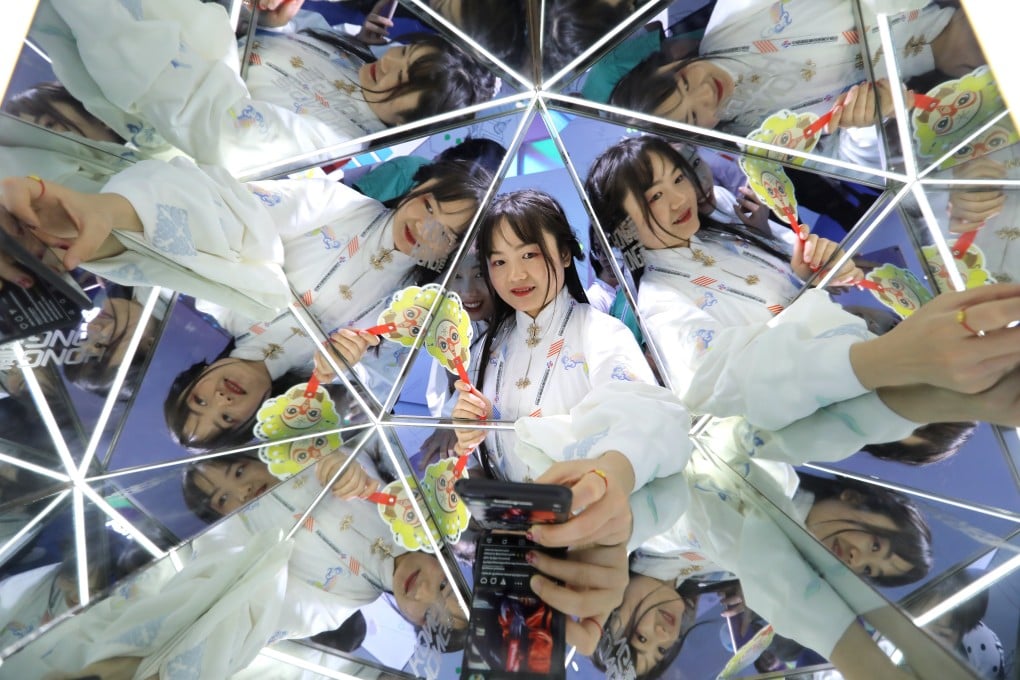Advertisement
China pitches services trade fair as proof of ‘unwavering confidence in opening up’ to foreign firms
- President Xi Jinping is expected to speak at Friday’s opening of the China International Fair for Trade in Services, which may draw more than 100,000 people
- Chinese authorities are pinning hopes on the fair to showcase the nation’s success in containing the spread of Covid-19
Reading Time:3 minutes
Why you can trust SCMP

President Xi Jinping is expected to speak on Friday at the opening of a massive trade fair in Beijing – the first such large-scale event on Chinese soil since the coronavirus pandemic began – as the central government tries to project the image of opening up its market to foreign companies after bringing the outbreak under control.
Ministry of Foreign Affairs spokeswoman Hua Chunying said on Thursday that Xi would deliver his speech on Friday evening at the second annual China International Fair for Trade in Services (CIFTIS), which will run until Wednesday.
Chinese authorities are pinning hopes on the fair, which may draw more than 100,000 people, to showcase the nation’s success in containing the spread of Covid-19 when many other countries, including the United States and neighbouring India, are still struggling with the disease.
Advertisement
“The 2020 CIFTIS is the first major international economic and trade event held by China since the outbreak,” Commerce Vice-Minister Wang Bingnan said at a press conference on Thursday, adding that the event, which focuses on the services trade, will showcase China’s “unwavering confidence in opening up”.
Advertisement
However, the so-called international fair is unlikely to feature as many foreign exhibitors or attendees as last year, since China still bans entry of most foreigners. The spring session of the Canton Fair, which was postponed until June, ended up being held online. Hosting a successful offline trade fair now would give China confidence in rolling out other events, including the third annual China International Import Expo scheduled for November in Shanghai.
Advertisement
Select Voice
Select Speed
1.00x